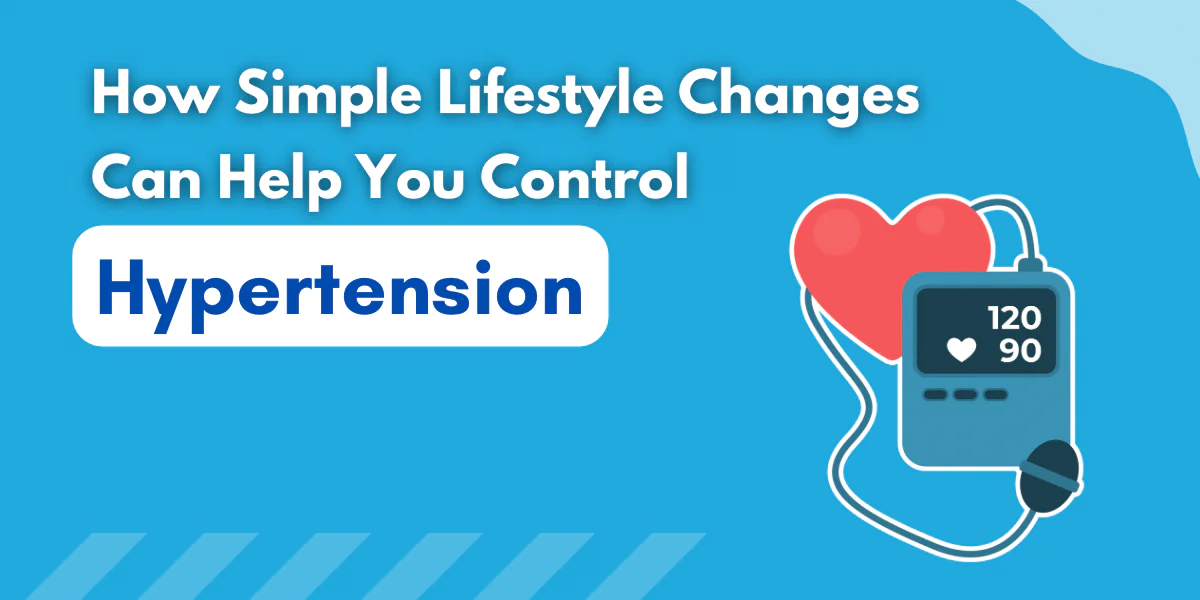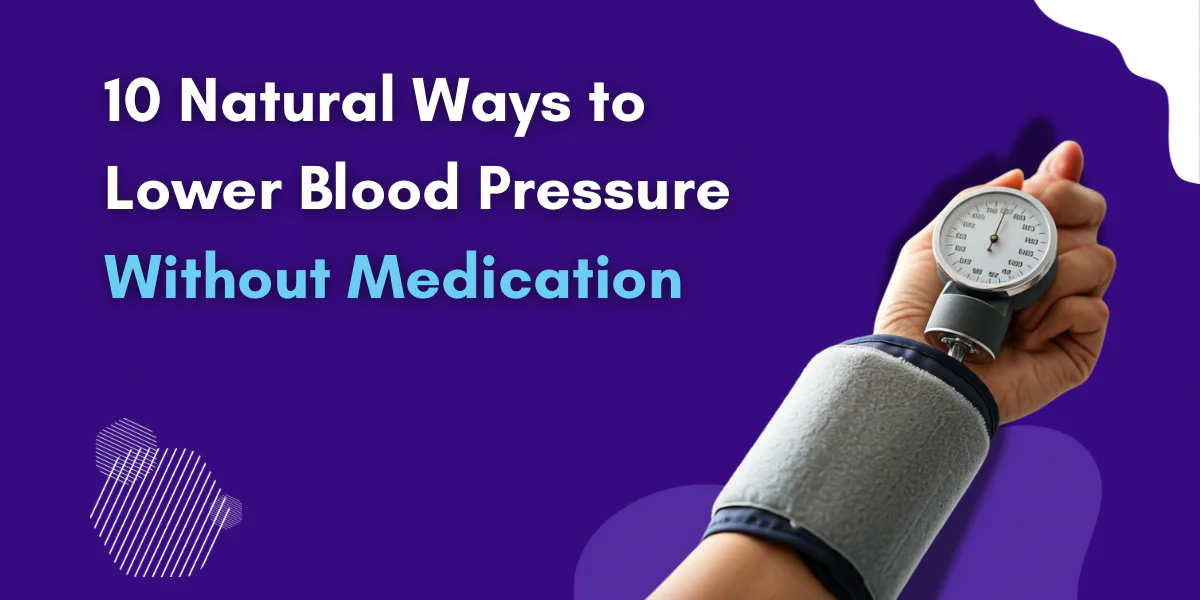Eating late at night has become a common habit for many, whether due to late work hours, social events, or midnight cravings. While it might seem harmless, consuming meals close to bedtime can significantly impact your digestive system. Late-night eating is closely linked to acid reflux and indigestion, causing discomfort and disrupting sleep quality.
In this article, we’ll explore the connection between late-night eating, acid reflux, and indigestion, the science behind these issues, and actionable steps to reduce the risks while maintaining a balanced lifestyle.
What Happens to the Digestive System During Sleep?
When you sleep, your body naturally slows down various processes, including digestion. Lying down reduces the influence of gravity, which aids in keeping stomach contents in place. This makes it easier for acid from the stomach to flow back into the esophagus, especially if a heavy or fatty meal was consumed shortly before bed.
Understanding Acid Reflux and Indigestion
What Is Acid Reflux?
Acid reflux occurs when stomach acid flows back into the esophagus, causing irritation. This condition often manifests as heartburn—a burning sensation in the chest—and may lead to regurgitation of stomach contents.
What Is Indigestion?
Indigestion, also known as dyspepsia, is a general term for discomfort in the upper abdomen. Symptoms include bloating, nausea, and a feeling of fullness after eating. Late-night meals can exacerbate these symptoms due to the body’s inability to process food effectively while lying down.
Why Late-Night Eating Triggers Acid Reflux and Indigestion
1. Increased Pressure on the Stomach
When you eat a large or heavy meal late at night, your stomach becomes full and exerts pressure on the lower esophageal sphincter (LES)—the valve that separates the stomach from the esophagus. If this valve weakens or relaxes, stomach acid can escape, triggering acid reflux.
2. Reduced Digestive Efficiency
Digestion slows down during sleep. Consuming food close to bedtime means that your stomach is still working to break down food when you lie down, increasing the likelihood of indigestion and acid reflux.
3. High-Fat or Spicy Foods
Late-night snacks often consist of high-fat, greasy, or spicy foods, which are harder to digest and more likely to irritate the stomach lining. These foods can also relax the LES, further increasing the risk of acid reflux.
4. Increased Stomach Acid Production
Eating stimulates the production of stomach acid. When you eat late at night, the excess acid can reflux into the esophagus, especially if you lie down shortly afterward.
The Long-Term Impact of Late-Night Eating on Digestive Health
Regularly eating late at night can lead to chronic conditions, including:
1. Gastroesophageal Reflux Disease (GERD)
GERD is a severe form of acid reflux that occurs frequently. Over time, GERD can damage the esophageal lining, leading to complications like ulcers or strictures.
2. Poor Sleep Quality
Acid reflux and indigestion can cause discomfort that disrupts sleep, leading to fatigue and reduced productivity during the day.
3. Weight Gain
Late-night eating often involves high-calorie snacks, which can lead to weight gain. Obesity is a significant risk factor for both acid reflux and indigestion.
Signs That Late-Night Eating Is Affecting Your Digestion
If your eating habits are triggering digestive issues, you might experience:
- Frequent heartburn or a burning sensation in the chest
- A sour taste in the mouth due to acid regurgitation
- Bloating or a feeling of heaviness in the stomach
- Nausea or discomfort after waking up
- Difficulty sleeping due to digestive discomfort
Tips to Prevent Acid Reflux and Indigestion from Late-Night Eating
The good news is that late-night digestive discomfort is preventable with a few simple changes to your eating habits and lifestyle.
1. Avoid Eating 2–3 Hours Before Bed
Give your body enough time to digest food before lying down. This helps reduce the risk of acid reflux and indigestion.
2. Choose Lighter Meals
If you must eat late, opt for smaller, low-fat, and low-acid meals. Foods like lean proteins, vegetables, and whole grains are easier on the stomach.
3. Limit Spicy and Fatty Foods
Avoid foods like fried items, spicy dishes, and heavy sauces close to bedtime, as they are more likely to trigger acid reflux.
4. Elevate Your Upper Body
Sleeping with your head and chest elevated can reduce the risk of acid reflux by preventing stomach acid from flowing back into the esophagus.
5. Stay Hydrated
Drinking water throughout the day supports digestion, but avoid drinking large amounts of water right before bed, as it can increase stomach pressure.
6. Avoid Carbonated Beverages
Sodas and fizzy drinks can cause bloating and increase pressure on the stomach, leading to acid reflux.
Healthy Late-Night Snack Options
If you can’t resist a late-night snack, choose options that are easy to digest and unlikely to cause acid reflux:
- Bananas: Low in acid and rich in potassium, bananas are gentle on the stomach.
- Oatmeal: A small bowl of plain oatmeal is filling and unlikely to trigger acid reflux.
- Greek Yogurt: Low-fat yogurt is a good source of protein and probiotics, supporting gut health.
- Rice Cakes with Almond Butter: This combination is light and satisfying without being too heavy.
Debunking Myths About Late-Night Eating
Myth 1: Eating Before Bed Speeds Up Metabolism
Fact: While eating stimulates digestion, the body’s metabolism slows during sleep, and food consumed late at night is more likely to remain undigested for longer.
Myth 2: Only Large Meals Trigger Acid Reflux
Fact: Even small, high-fat, or spicy snacks can trigger acid reflux if consumed close to bedtime.
Myth 3: Drinking Milk Prevents Heartburn
Fact: Milk may temporarily soothe the stomach, but its fat content can later stimulate acid production, worsening reflux.
FAQs About Late-Night Eating and Digestive Health
1. Can I still eat before bed if I’m hungry?
Yes, but choose light, low-fat, and easily digestible options to minimize the risk of acid reflux and indigestion.
2. Why is heartburn worse at night?
Lying down reduces gravity’s effect on keeping stomach acid in place, making acid reflux more likely at night.
3. Can stress worsen late-night digestive issues?
Yes, stress can increase stomach acid production and exacerbate symptoms of acid reflux and indigestion.
4. Is it okay to drink herbal tea before bed?
Yes, non-caffeinated herbal teas like chamomile or ginger can soothe the stomach and promote better digestion.
5. How does obesity contribute to acid reflux?
Excess weight increases pressure on the stomach, weakening the LES and making acid reflux more likely.
6. Can acid reflux damage the esophagus?
Yes, chronic acid reflux can cause inflammation, ulcers, and scarring in the esophagus.
Conclusion
Late-night eating is a common habit, but it can significantly impact your digestive health, leading to discomfort, acid reflux, and indigestion. By understanding the link between meal timing and digestion, you can make smarter choices to protect your health.
Adopting habits like avoiding meals before bedtime, choosing lighter snacks, and managing portion sizes can go a long way in preventing these issues. Remember, a healthy digestive system not only improves your sleep but also contributes to your overall well-being. Small adjustments to your routine can make a big difference in how you feel—both day and night.
Read Also: Excessive Screen Time Can Contribute to Digital Eye Strain and Dry Eye Syndrome
Medical Disclaimer: This article is for informational purposes only and is not a substitute for professional medical advice. Always consult with a healthcare provider for personalized recommendations.










